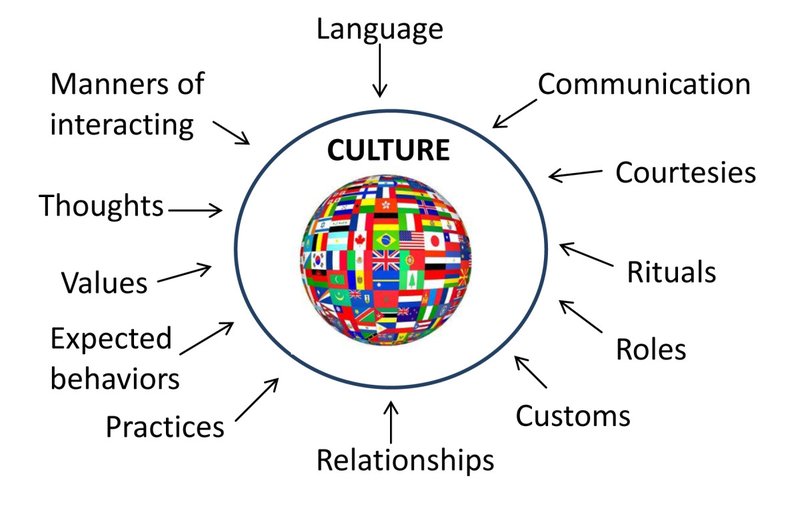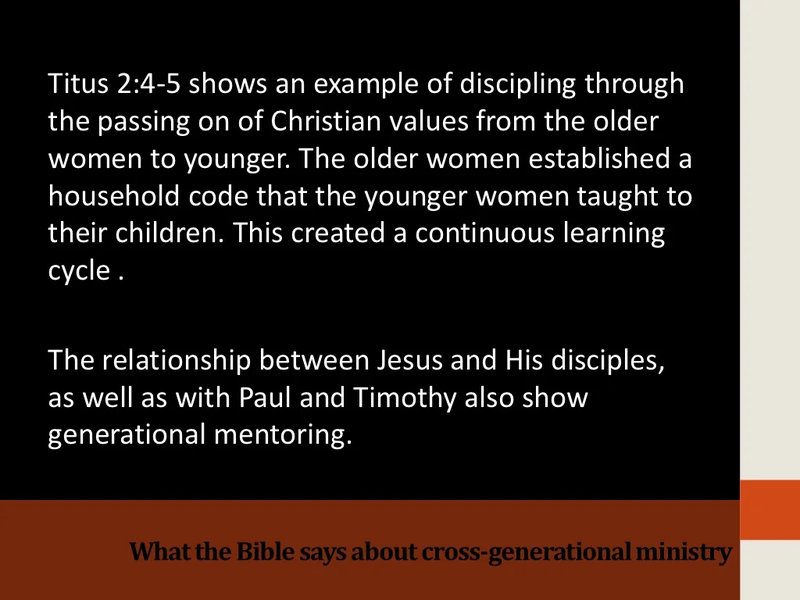· Fellowship & Ministry · 6 min read
Unlocking Multicultural Church Growth: International Partnership and Immigrant Outreach Strategies
Discover effective strategies for multicultural church growth through international partnerships and immigrant outreach, emphasizing cultural sensitivity and language resources.

Unlocking Multicultural Church Growth: International Partnership and Immigrant Outreach Strategies
Introduction
In today’s increasingly globalized world, multiculturalism is becoming more prevalent in various aspects of society, including religious communities. For the Christian faith, embracing multiculturalism can bring new perspectives, experiences, and spiritual development within the church. In this article, we will explore the topic of unlocking multicultural church growth through international partnership programs and immigrant outreach strategies. We will delve into the importance of cultural sensitivity training, language ministry resources, and the implementation of effective strategies to foster a diverse and inclusive church community.
1. Why is multicultural church growth important in Christianity?
Multicultural church growth holds significant importance in Christianity as it aligns with God’s vision for His kingdom on earth. The Bible emphasizes unity among people from every tribe, language, and nation (Revelation 5:9-10). By embracing multiculturalism, the church can reflect God’s love that transcends human-created divisions. Additionally, multiculturalism enriches the spiritual development within the community by allowing for diverse perspectives and experiences with God (Navigating Multicultural Ministry).
According to Lauren Beth Bowers in her book “Becoming a Multicultural Church,” culture encompasses more than just race. It includes gender, class, ethnicity, sexual orientation, social status, age, and ability. Recognizing and valuing these cultural differences within the church allows for a holistic understanding of God’s creation and fosters inclusion and understanding (Building a Diverse Church is Hard).
2. How can international partnership programs foster multicultural church growth?
International partnership programs play a crucial role in fostering multicultural church growth by facilitating cross-cultural exchange and collaboration. These programs enable churches from different parts of the world to connect, share resources, and support one another in their ministry efforts. By partnering with churches from diverse cultural backgrounds, local congregations gain valuable insights into different worship styles, traditions, and spiritual practices.
The Institute for Multicultural Ministry (IMM) is an example of a collaborative ministry that offers theological education and intercultural training for leaders of multicultural congregations. Through international partnerships, IMM equips church leaders with the necessary knowledge and skills to embrace diversity, navigate cultural differences, and effectively minister to multicultural communities (The Institute for Multicultural Ministry).
3. What role does cultural sensitivity training play in multicultural church growth?
Cultural sensitivity training is essential in promoting multicultural church growth as it equips church leaders and members with the knowledge and skills to navigate cultural differences respectfully and effectively. This training helps individuals develop an understanding of different cultural norms, values, and communication styles. It also raises awareness about potential biases, stereotypes, or unintentional offenses that may arise in a multicultural setting.
The Center for Intercultural Training (CIT) is an organization that offers both in-person and online courses to train missionaries and churches in cross-cultural ministry. Their training programs emphasize developing intercultural competence, which includes understanding one’s own cultural biases and learning how to adapt and communicate effectively across cultures (Center for Intercultural Training).
4. How can language ministry resources contribute to multicultural church growth?
Language ministry resources are vital in reaching out to immigrant communities and fostering multicultural church growth. Immigrants often face language barriers that can hinder their integration into local churches. By providing resources such as translation services, multilingual worship materials, and language-specific small groups or ministries, churches can create an inclusive environment where individuals feel welcomed and understood.
The Building Intercultural Competence for Ministers manual, recommended by the United States Conference of Catholic Bishops (USCCB), emphasizes the importance of language proficiency in intercultural ministry. The manual provides guidelines for ministry leaders to develop awareness and proficiency in intercultural competency while considering language diversity as a crucial aspect of multicultural church growth (Building Intercultural Competence for Ministers).
5. What are effective immigrant outreach strategies for multicultural church growth?
Implementing effective immigrant outreach strategies is essential for fostering multicultural church growth. One approach is to actively engage with diverse cultures by breaking down barriers and creating a community that reflects God’s love. This can be achieved through intentional relationship-building, cultural exchange events, and providing practical support to meet the unique needs of immigrant communities.
EveryInternational offers free video training to help churches engage international students and immigrants with culturally sensitive ministry skills. Their approach focuses on building genuine friendships, sharing the Gospel naturally, and discipling those who come to Christ. By equipping churches with the necessary skills, they empower them to effectively reach out to immigrants and integrate them into the church community (Free Cross Cultural Ministry Training).
6. How can churches overcome challenges in multicultural church growth?
While multicultural church growth brings numerous benefits, it also presents challenges that churches must address proactively. One common challenge is reducing conflict between different cultural groups within the church. To overcome this, it is important for individuals engaging in ministry in multicultural settings to develop intercultural competence. This includes understanding and appreciating diverse cultural perspectives while actively working towards resolving conflicts through open communication and mutual respect (4 Goals that Promote Healthy Multicultural Ministry).
Additionally, inadequate cross-cultural training and poor cultural adaptation have been identified as causes for missionary attrition. To address this challenge, missionaries and church leaders should prioritize comprehensive cross-cultural training, language acquisition, and ongoing support for effective engagement with multicultural communities (Equipping Twenty-First Century Missionaries for Cross-Cultural Ministry).
7. How can churches create a vision for cultural diversity?
Creating a vision for cultural diversity is crucial in fostering multicultural church growth. Church leaders must firmly believe that diversity is God’s desire for the universal Church and the guiding principle for their local congregation. This vision should permeate every aspect of the church’s ministry, including hiring and leadership development, outreach and missions, discipleship, and worship styles.
Churches can rely on the biblical imperative for multiethnic ministry as a foundation for their vision. The PDF “The Biblical Basis for Multiethnic Churches and Ministry” emphasizes the importance of grounding outreach motivation, strategy plans, and ministry implementation in the Word of God rather than being driven by demographics or pragmatism (PDF The Biblical Basis for Multiethnic Churches and Ministry).
8. What are the benefits of multicultural church growth?
Multicultural church growth offers various benefits to both individuals and the church community as a whole. It fosters unity, reflecting God’s vision for His kingdom on earth. By embracing diversity, churches can create an environment where people from different cultural backgrounds feel valued, accepted, and understood. This inclusivity promotes spiritual growth by allowing individuals to learn from one another’s unique perspectives and experiences with God.
Moreover, multicultural church growth enables churches to effectively reach out to immigrant communities and share the love of Christ with people from diverse cultures. It expands the church’s influence and impact within society, making it a vibrant witness to God’s love for all people.
In conclusion, unlocking multicultural church growth requires intentional efforts through international partnership programs, cultural sensitivity training, language ministry resources, and effective immigrant outreach strategies. By embracing diversity and fostering an inclusive environment, churches can reflect God’s love and build a vibrant community that encompasses people from every tribe, language, and nation. Through these initiatives, Christianity can continue to thrive as a global faith that celebrates its multicultural richness.



